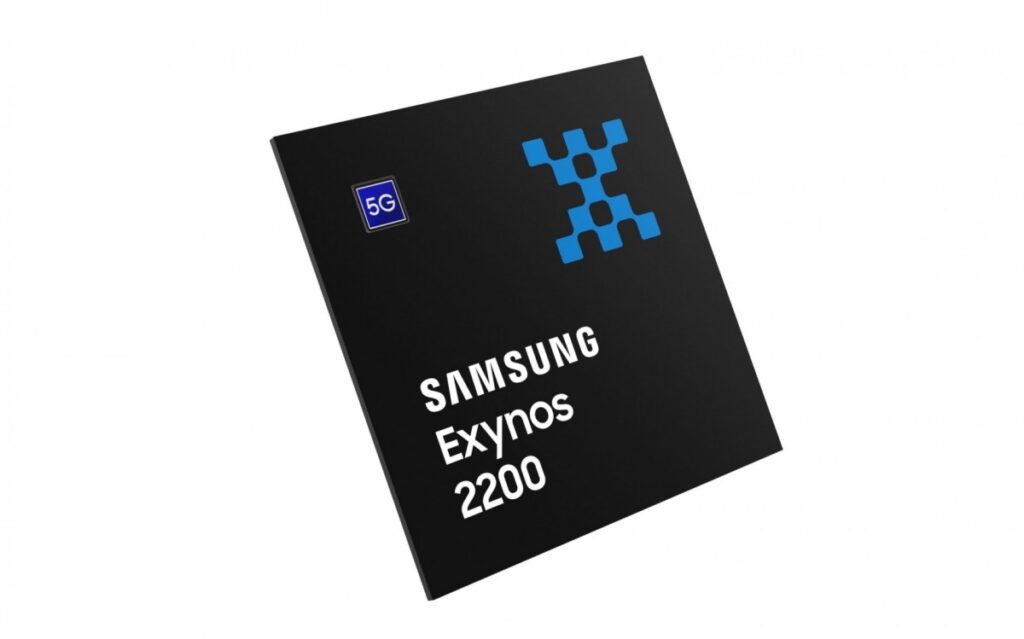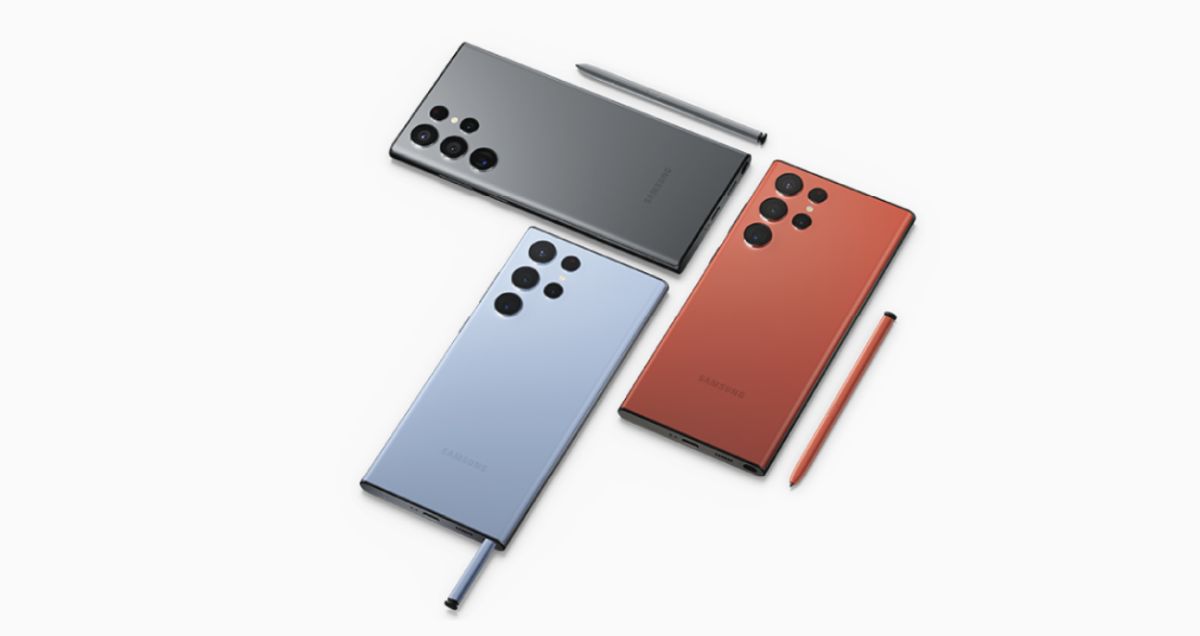For the longest time, South Korean tech giant Samsung has released its flagship Galaxy S series of devices in two variants. Depending on where you are, the device you buy will either come with a Qualcomm chipset, or the company’s own Exynos chipset. The latter was what we have experienced for the most part, alongside most of the world outside of the US. Though that may change, according to industry analyst Ming-Chi Kuo.
On Twitter, the analyst claims that Samsung will not be giving the upcoming Galaxy S23 family of devices its own Exynos 2300 chipset. He claims that the company’s in-house chipset can’t compete “in all aspects” with the Qualcomm SM8550, referring to the upcoming chipset that could be called the Snapdragon 8 Gen2 .
(2/3)
2. S23 may not adopt Exynos 2300 made by Samsung 4nm because it can't compete with SM8550 in all aspects.
3. SM8550 is optimized for TSMC's design rule, so it has obvious advantages over SM8450/SM8475 in computing power and power efficiency.— 郭明錤 (Ming-Chi Kuo) (@mingchikuo) July 8, 2022
On one hand, it feels like a pretty sudden decision for Samsung to make. The company has stuck with its own Exynos chipset for so long, and has even worked with AMD for its current generation of chips. Dropping the partnership in a single generation seems abrupt, if anything.
But on the other, this will finally stop the irregularity of the company’s flagship devices. Should Kuo be right, then the Samsung Galaxy S23 family of devices will have the same chipset regardless of market. This would probably see the end of markets outside of the US voicing complaints about not getting a Snapdragon variant, which tend to erupt at the start of every Galaxy S generation.

All that being said, going with the Qualcomm Snapdragon 8 Gen2 is probably the expected course of action. After all, Samsung only used Qualcomm chips besides its own Exynos for its flagship devices. A prior report from April suggested that the South Korean tech giant was considering using a MediaTek chip instead. While that wouldn’t be surprising for the Galaxy A series, it would have been a tad unusual for the flagship Galaxy S line.
(Source: Ming-Chi Kuo / Twitter via Engadget)
Follow us on Instagram, Facebook, Twitter or Telegram for more updates and breaking news.



